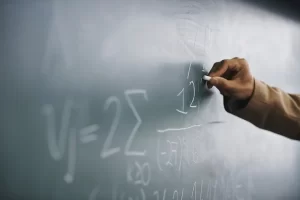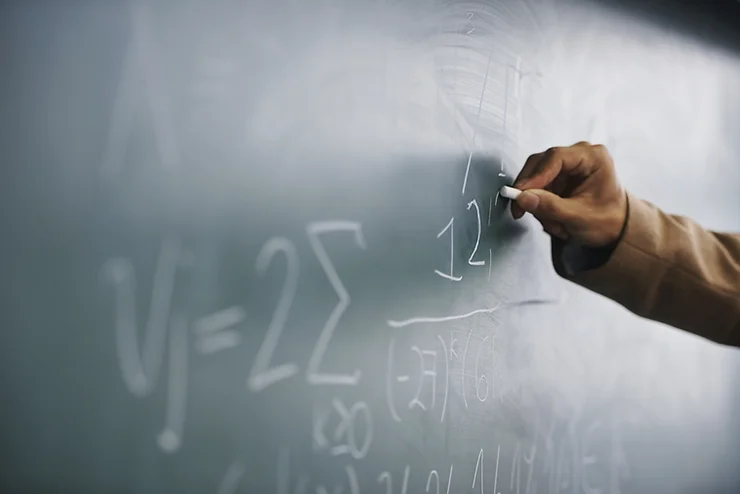The short answer is YES. Let’s dive into why it’s so important.
The difference between schedule and routine
Many times we look forward to summer for more flexibility and more free time which is why many people ditch the routines completely and just let the whole summer go with the flow. However, there is a huge difference between a routine and a schedule. A schedule is rigid, time bound, and limiting. It is generally what we want to take a break from each summer. Conversely, a routine is flexible, provides guidelines, and allows adjustment. Additionally, a routine provides consistency in your days which is a huge benefit for kids. Both provide predictability and stability in your days/weeks etc. So, if you’re looking for a break from the rigidity of your school year, take a break from a schedule but work hard to keep a daily routine in place.
Benefits of keeping kids on a routine
Simply put, kids thrive with routine. They like to know what to expect each day and it helps keep them in a flow. It creates a less stressful environment for kids while also allowing flexibility to add more fun summer activities without losing all structure. Routines keep kids in the swing of things to ease the transition back to school in the fall. You’ll be so thankful you kept a routine when back to school comes around!
Key elements of a successful routine
Routines will be very family specific and may even change and adjust. However, all routines should have a few key elements to keep them successful.
Same bed and wake time each day. This doesn’t need to be exact. There can be some flexibility and maybe even offer later bedtimes on weekends. Again, make it work for your family! But keeping kids in a rhythm will help them now and later when they transition back to school.
Predictable. Kids should know that once they wake up they can expect x y or z to happen before they move on to A B or C. This predictability reduces stress which leads to less outburst from children.
Include responsibilities or chores for children. This helps build independence, autonomy, and creates a stronger family relationship as children learn that all members of the family chip in to help it run effectively.
Consistent. Routines only work if you follow them. This can be the hardest part. You need to be disciplined to follow the routine daily so kids learn to rely on it. Eventually it will become second nature for them and you may find that THEY help remind you of what comes next during the day.
Include academic work. It’s important to keep kids in the habit of learning and practicing their academic skills even over summer. This will help prevent summer regression and keep them sharp for the fall when they return to school. The academic work you include doesn’t need to be worksheets and structured lessons. You can get creative and offer different project or activity based learning opportunities for your children such as an outing to the zoo or a historic district of your city. Just be sure to include academic activities during those trips such as engaging in academic conversations to aid learning.
Sample Routines for different Age groups
Sample Routine for School Aged kids
Wake
Breakfast
Ready for the day/ make bed, brush teeth etc.
Morning chores- clean up breakfast, sweep, etc
Morning activities- include some academic time with reading, math etc
Lunch
Reading time
Afternoon activities/free time
Dinner
Evening chores- help clear table, do dishes etc
Evening play/wind down
Bed
Sample Routine for Teenagers
Wake
Breakfast
Get ready for day/morning chores
Go to work or complete academic work
Lunch
Work or other
Help prepare dinner
Help clean up dinner
Evening free time
Bed
Note- These routines are just examples and will need to be tweaked to fit your own family’s needs. Especially for teenagers who may have differing work hours in the summer and have more free time or time with friends. As kids get older you can release some of your planning and give them more free time and also add in more responsibilities to the family.











